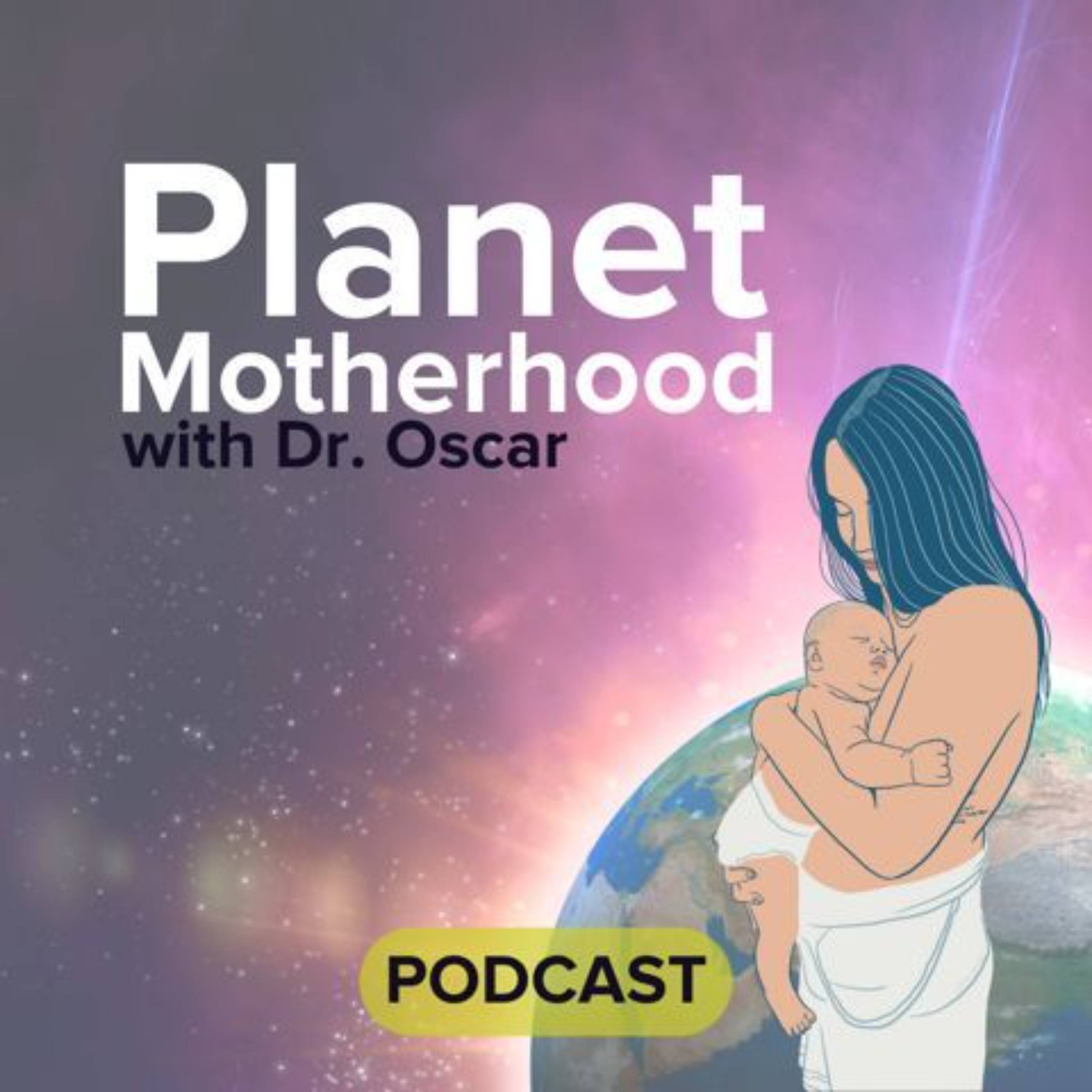Planet Motherhood

Planet Motherhood
Podcast Description
Your go-to podcast for navigating the unique planet of Motherhood. Hosted by postnatal health expert Dr. Oscar Serrallach, this series explores the physical, emotional, and mental challenges and joys of parenting, with science-backed insights and practical advice. From postnatal recovery to thriving as a Mother, join us for inspiring conversations and expert guidance to support your journey.
Podcast Insights
Content Themes
The podcast explores themes such as postnatal recovery, maternal mental health, and birth trauma. For example, an episode featuring Dr. Sharon Dekel delves into the psychological impacts of birth trauma and the need for improved screening and treatment options. The series emphasizes practical advice and science-backed insights to support mothers' journeys.

Your go-to podcast for navigating the unique planet of Motherhood. Hosted by postnatal health expert Dr. Oscar Serrallach, this series explores the physical, emotional, and mental challenges and joys of parenting, with science-backed insights and practical advice. From postnatal recovery to thriving as a Mother, join us for inspiring conversations and expert guidance to support your journey.
In this conversation, Dr. Sharon Dekel, a leading researcher in birth trauma and PTSD, discusses her journey into this field, the incidence of birth trauma, and the psychological impact it has on mothers. She highlights the importance of understanding both objective and subjective risk factors for PTSD, particularly among marginalized communities. Dr. Dekel also explores current treatments, including expressive writing and intranasal oxytocin, and emphasizes the need for better screening and support for mothers experiencing birth trauma. The conversation concludes with a vision for the future of maternal mental health care, advocating for personalized approaches and increased awareness in clinical settings.
Chapters
00:00 Understanding the Prevalence and Factors of Birth Trauma
07:35 Sharon Dekel’s Journey into Birth Trauma Research
10:38 Higher Rates of Birth Trauma Among BIPOC Women
14:41 The Importance of the Subjective Experience of Birth Trauma
16:50 Improving Screening, Support, and Therapies for Birth Trauma
20:07 The Need for Further Research and Interventions in Birth Trauma
20:34 Empowering Mothers: Creating a Supportive Environment
25:36 Screening and Personalized Care for At-Risk Women
29:53 The Power of Expressive Writing in Healing
37:12 Exploring New Treatment Options: Intranasal Oxytocin
47:42 Harnessing the Potential of AI in Screening for CB-PTSD
59:42 Exploring the Potential of Ketamine for Depression Treatment
01:00:28 The Importance of Personalized Medicine and Immediate Interventions for Postpartum Depression
01:01:22 Addressing the Need for Research, Screening, and Treatment for Birth Trauma
01:02:34 Improving Access to Care and Education for Healthcare Professionals
Takeaways
- Dr. Sharon Dekel is a leading researcher in birth trauma and PTSD.
- Birth trauma can significantly impact maternal mental health and bonding.
- One in three mothers experience birth trauma, with 20-40% developing PTSD.
- BIPOC women are at a higher risk for childbirth-related PTSD.
- Subjective experiences of childbirth can amplify trauma responses.
- Expressive writing may help reduce PTSD symptoms in mothers.
- Intranasal oxytocin is being studied for its potential benefits in maternal bonding.
- Screening for PTSD in postpartum care is currently inadequate.
- Empathy and human connection in clinical settings can improve outcomes.
Future research should focus on personalized interventions for maternal mental health.

Disclaimer
This podcast’s information is provided for general reference and was obtained from publicly accessible sources. The Podcast Collaborative neither produces nor verifies the content, accuracy, or suitability of this podcast. Views and opinions belong solely to the podcast creators and guests.
For a complete disclaimer, please see our Full Disclaimer on the archive page. The Podcast Collaborative bears no responsibility for the podcast’s themes, language, or overall content. Listener discretion is advised. Read our Terms of Use and Privacy Policy for more details.